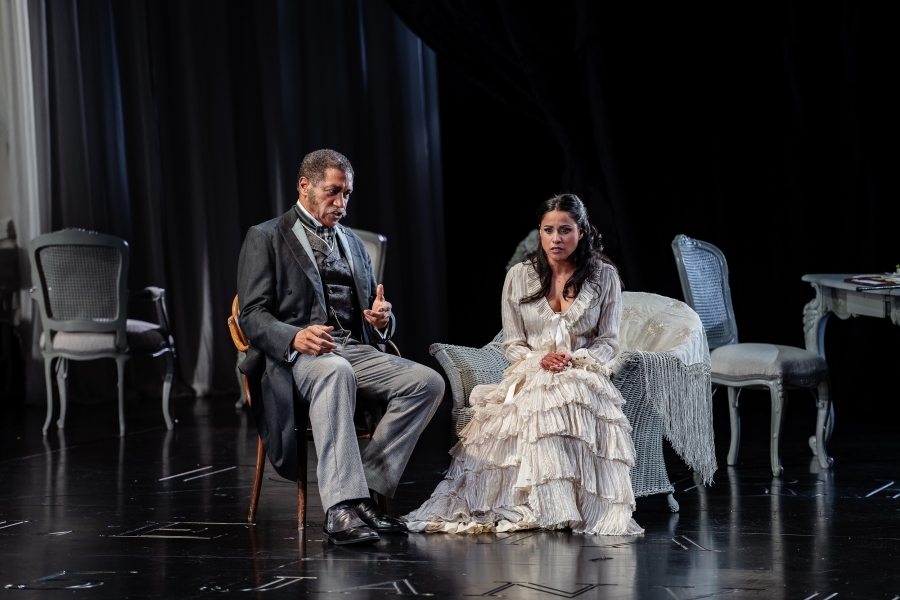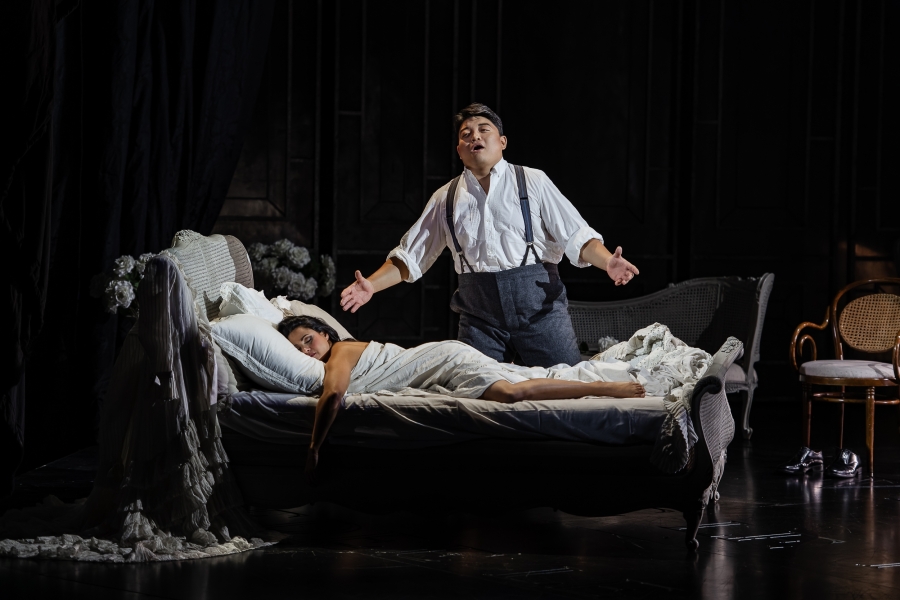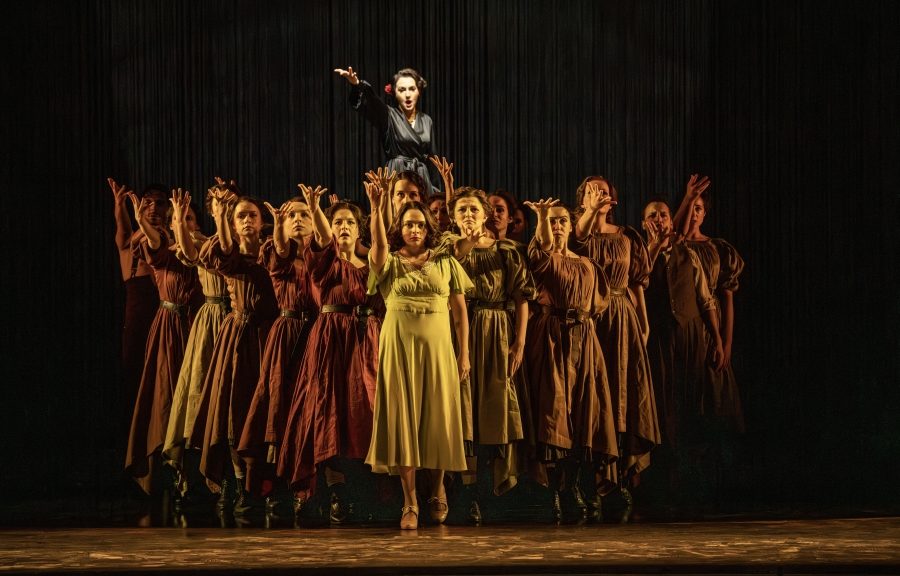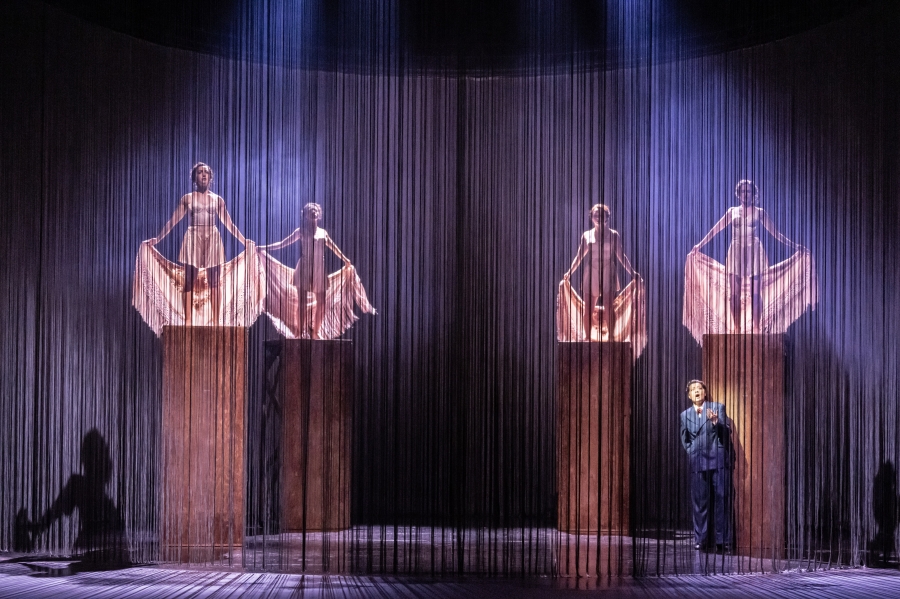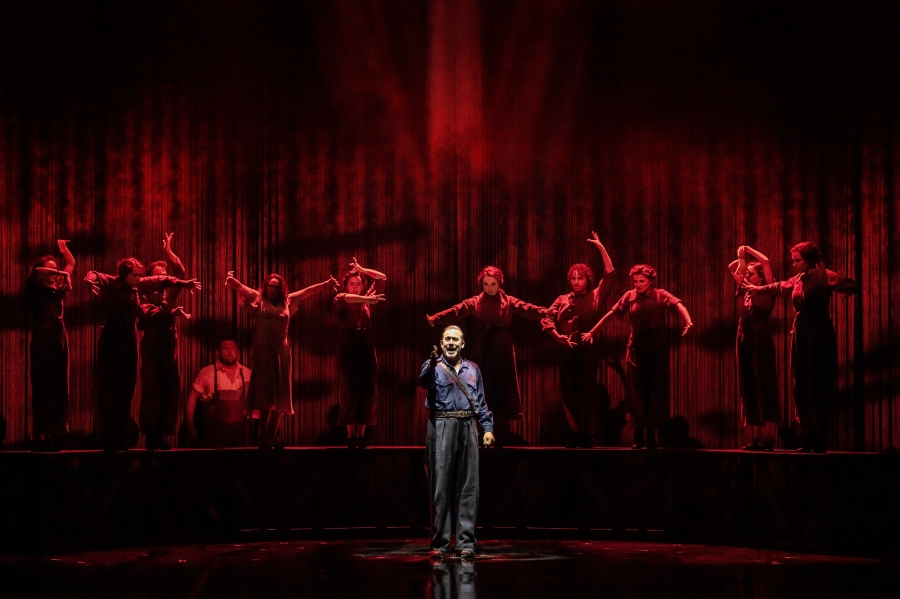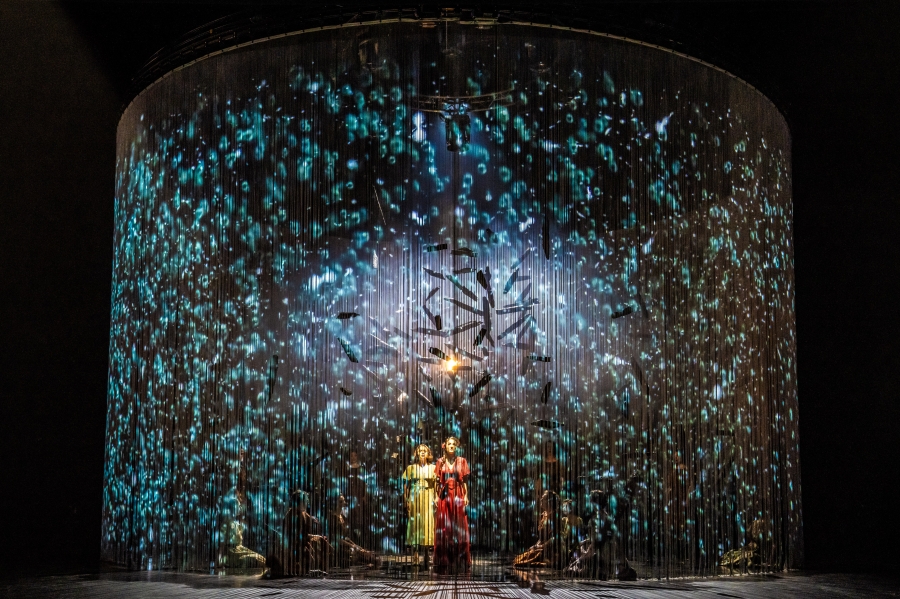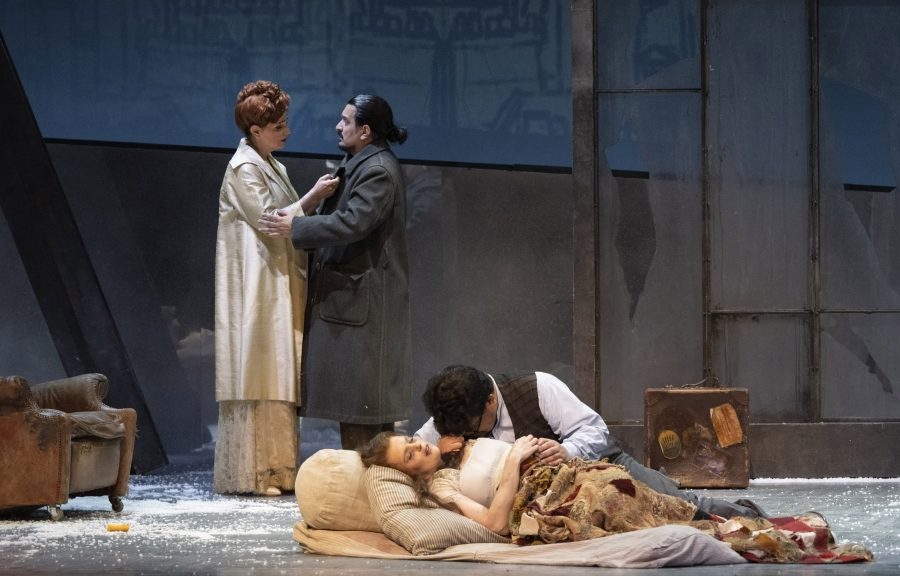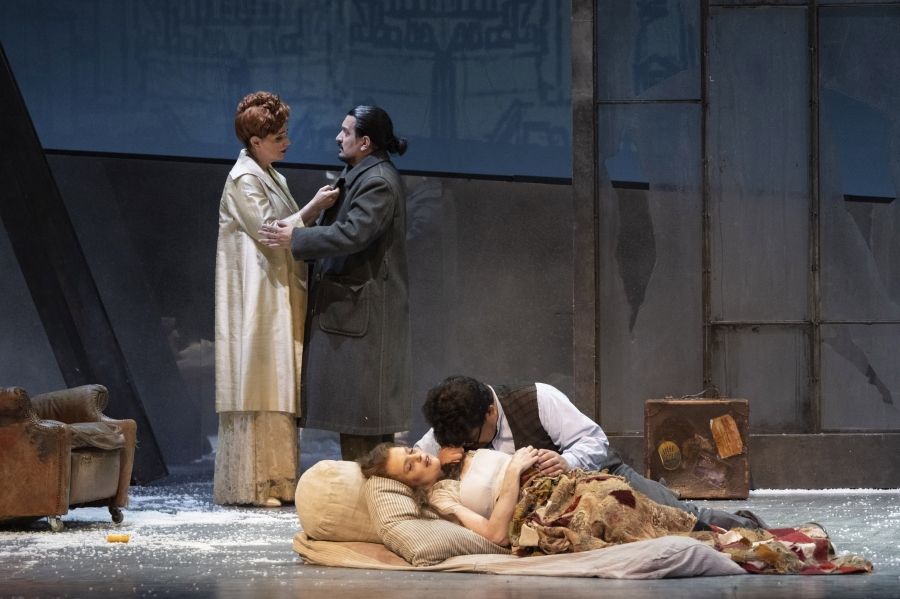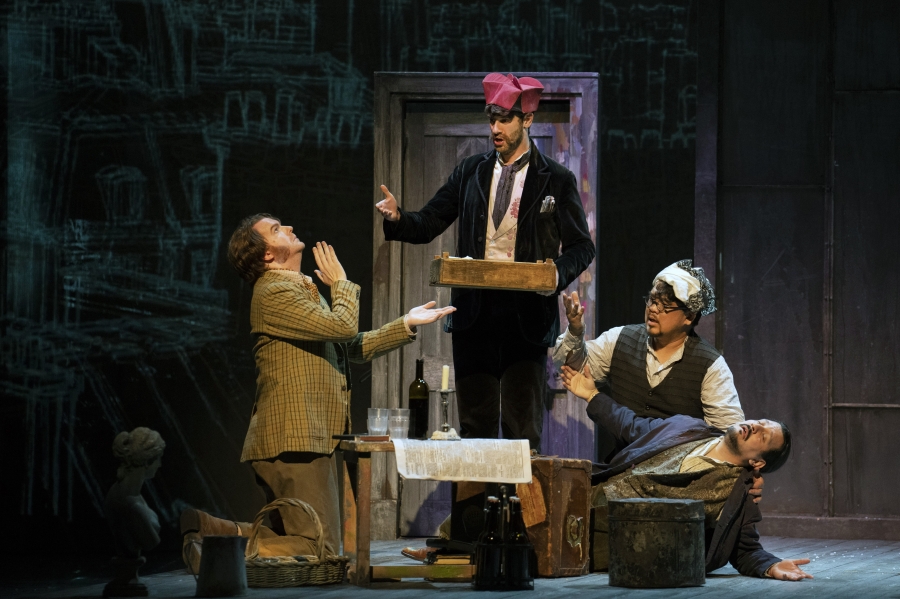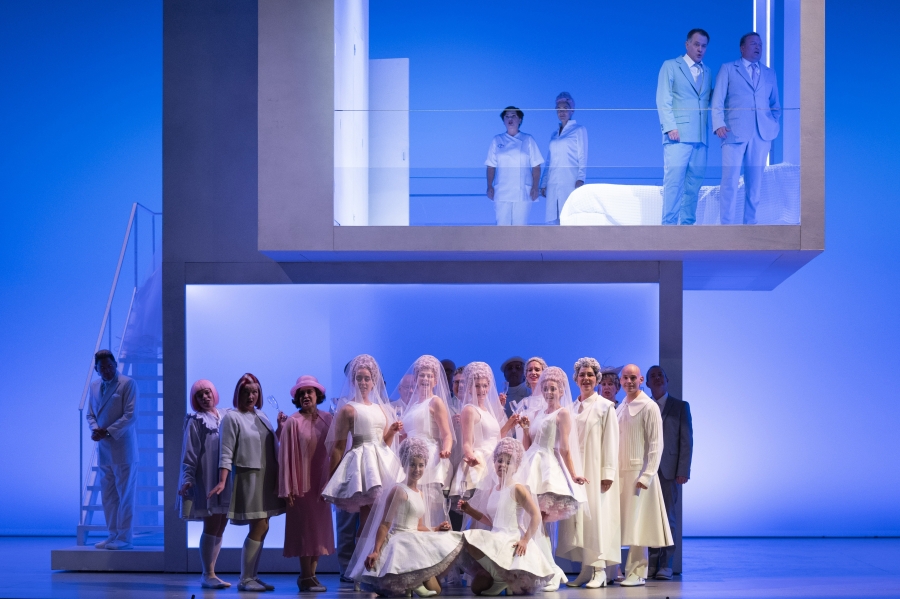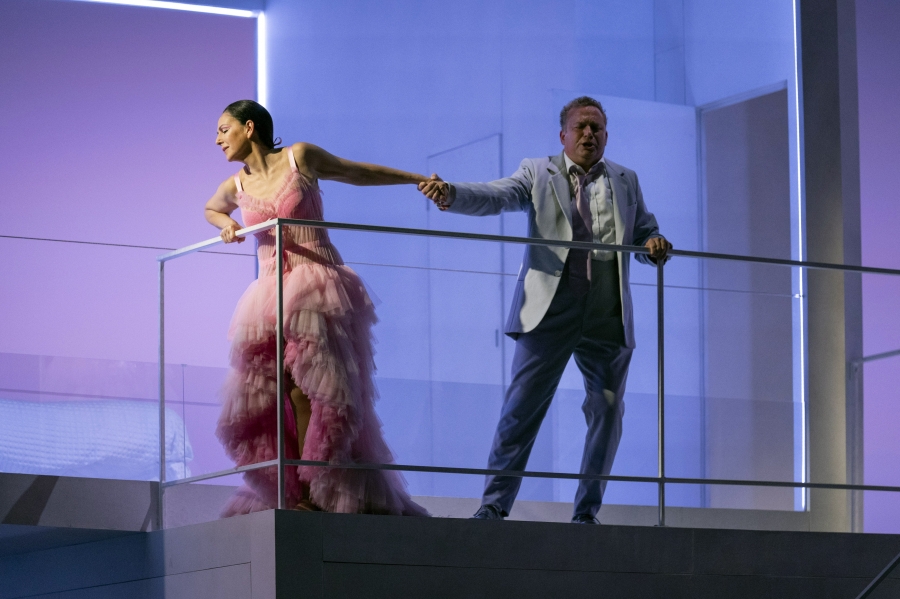 (3 / 5)
(3 / 5)
The Welsh National Opera know how to put on a show. On opening night, Cardiff’s public enjoyed Candide by Leonard Bernstein. It’s a light musical, more than an operetta, done in a cheeky tone. The WNO enthralls the public with colour, wit, and excellent performances from all the cast. Of note are also the choreography by Ewan Jones, the imaginative use of light by Rob Casey, to create animations and guide the story, and Nathalie Pallandre’s costumes, where the eighteenth century meets and crashes with the late twentieth century.
The singing by all members of the cast is excellent. Soraya Mafi stands out with a powerful voice and delightful timbre. Excellent is also Amy Payne as The Old Woman, delivering a funny and skillful performance, and Ed Lyon is an impeccable Candide.
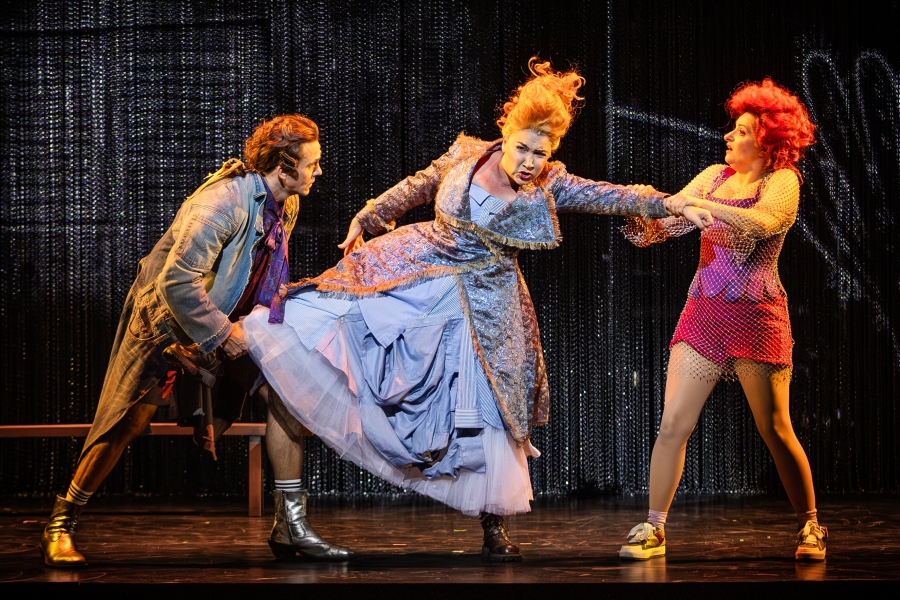
Alas, Bernstein’s Candide lacks the satire and depth of Voltaire’s original novella. It’s a picaresque pastiche with no subtleties. The good mise en scène, creative costumes, and excellent performances cannot compensate for the lack of substance of this musical. There is no variation in tone in the music or the story. There is no emotional arch, and the cheeky jokes become irksome after a short while.
The two-dimensional cartoon created by the light animation emphasises unwittingly the lack of depth of the show. Although effective in conveying the comedy in the beginning, the two-dimensional drawings keep the scene flat. As a result, there is little variety in the perspective on stage, just as there is no change in tone in the music.
There is no escape from a mediocre score and shallow libretto, light years away from the subtle and biting satire of Voltaire, but also from Bernstein’s West Side Story. Yet, people loved it. It’s a bit of fun on a rainy night in what feels like an abrupt autumn.
At a time when culture is under attack, when theft of artistic work has effectively been legalised to make AI viable, one can’t help longing for the amazing productions of Janáček that the WNO gave us in the past. One can’t help yearn for the WNO doing operas to convey the truth of the human condition.
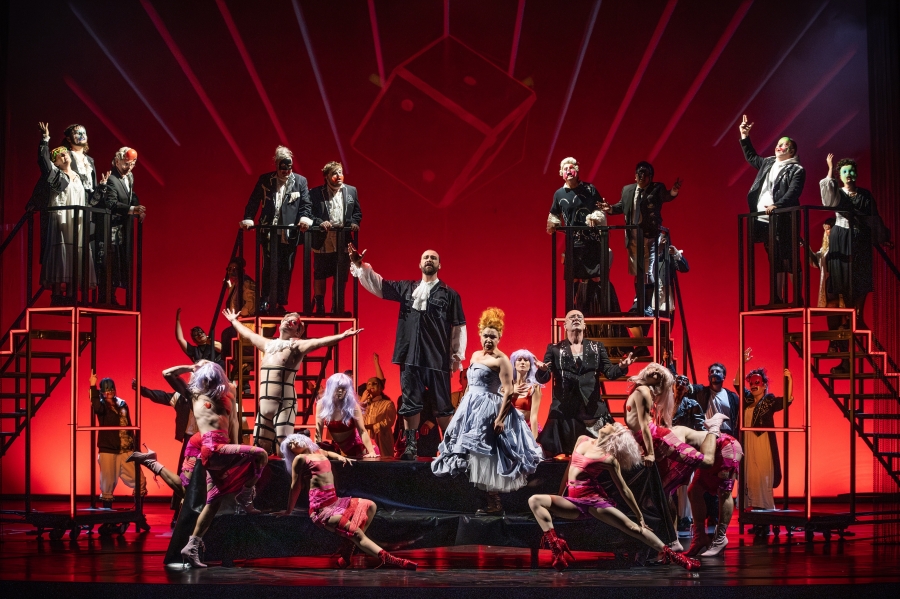

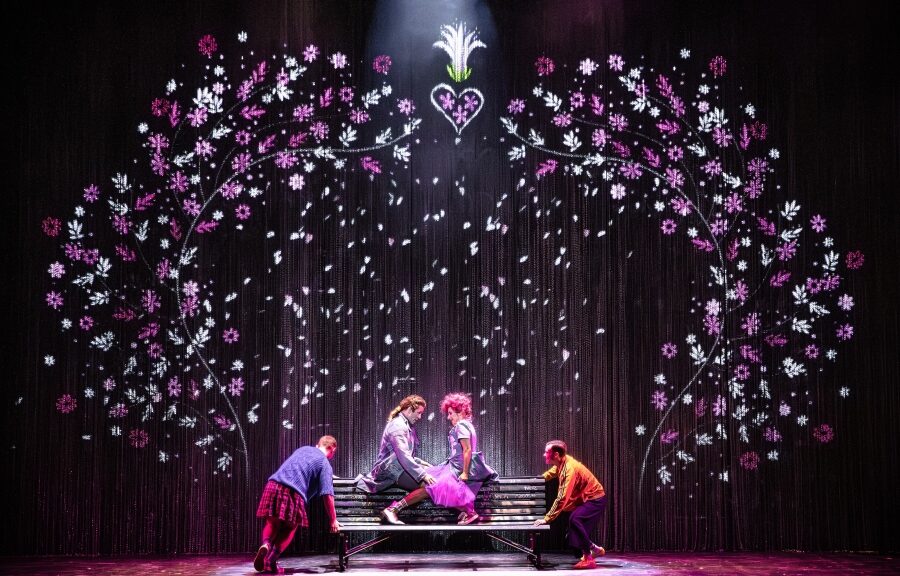
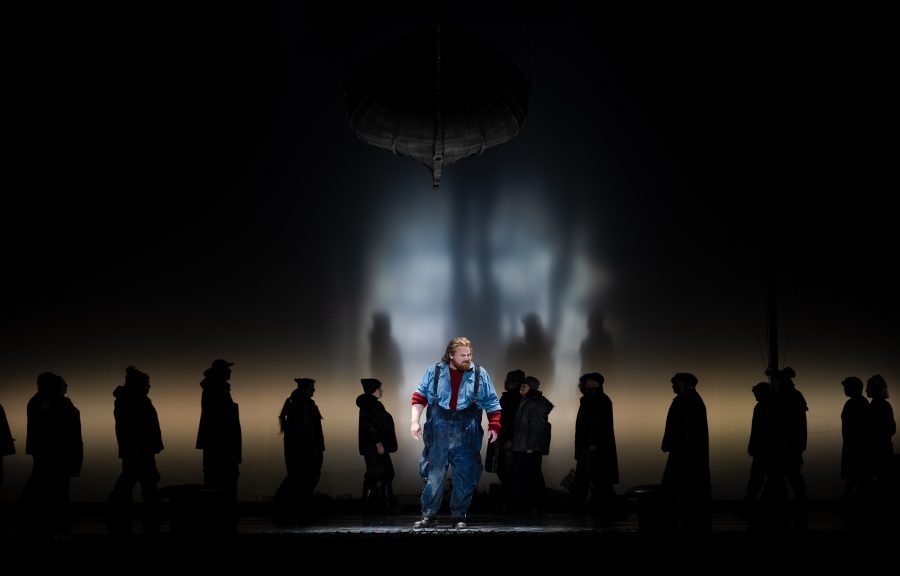
 (4 / 5)
(4 / 5)

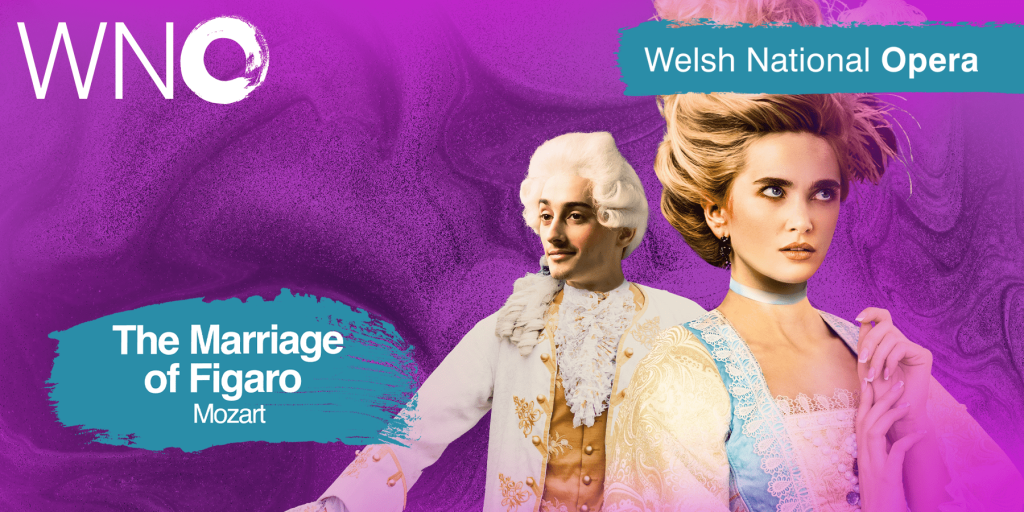
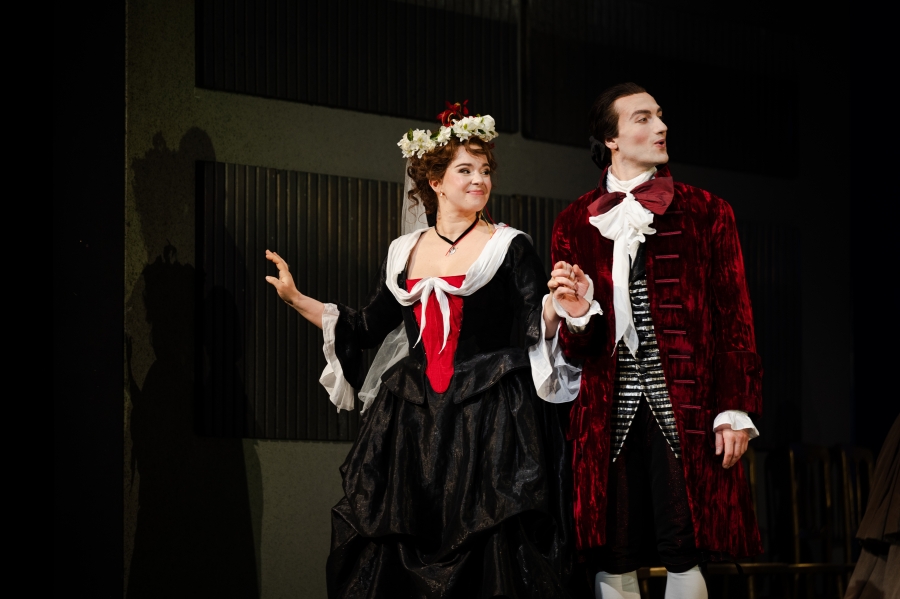
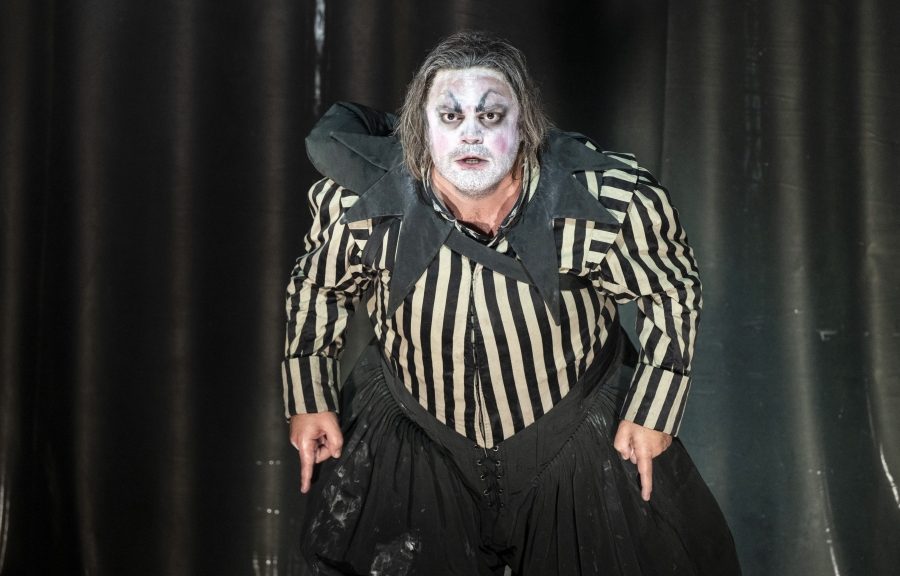
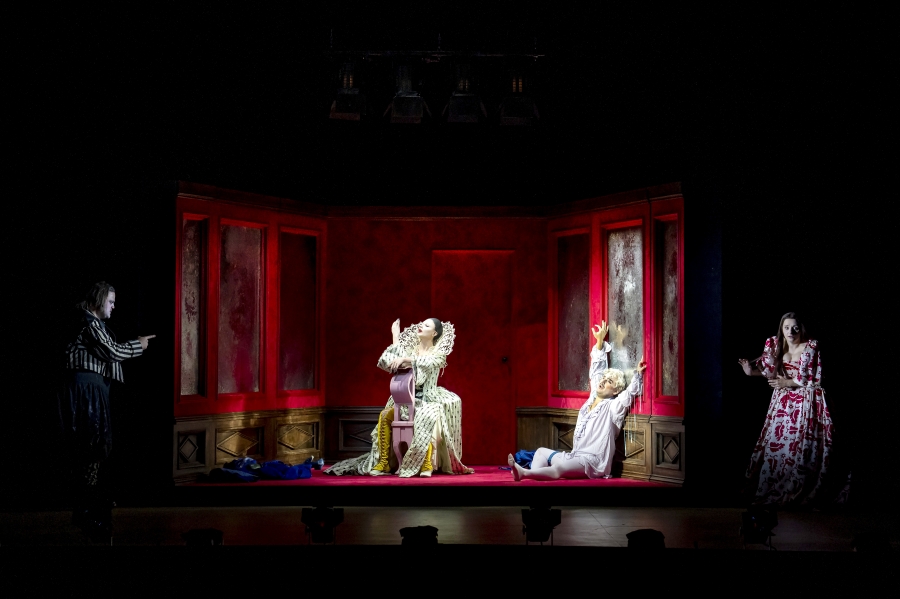
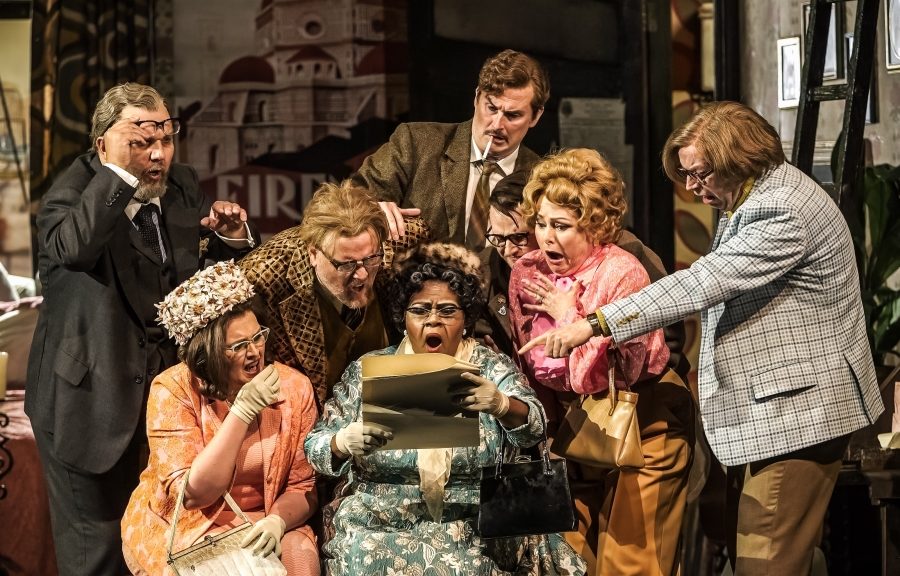
 (5 / 5)
(5 / 5)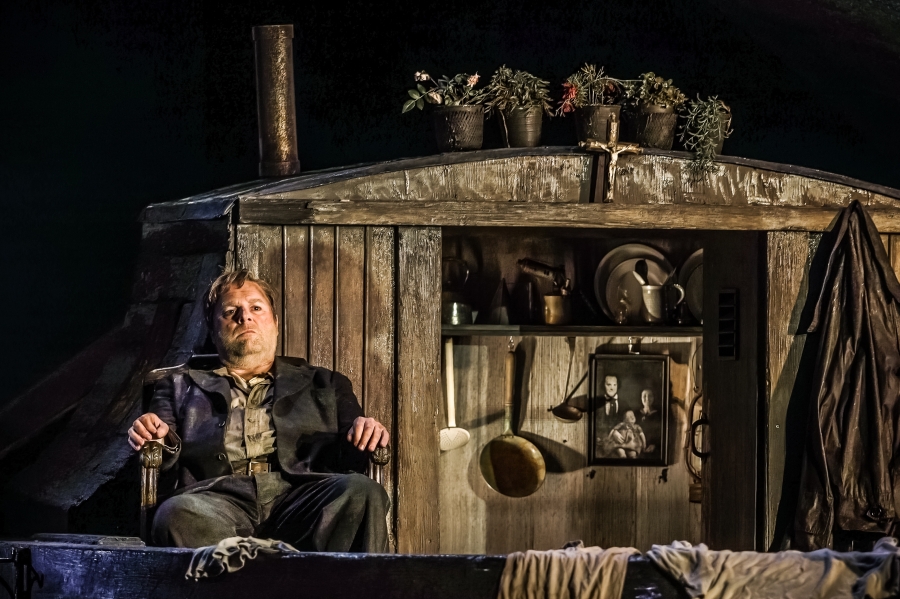
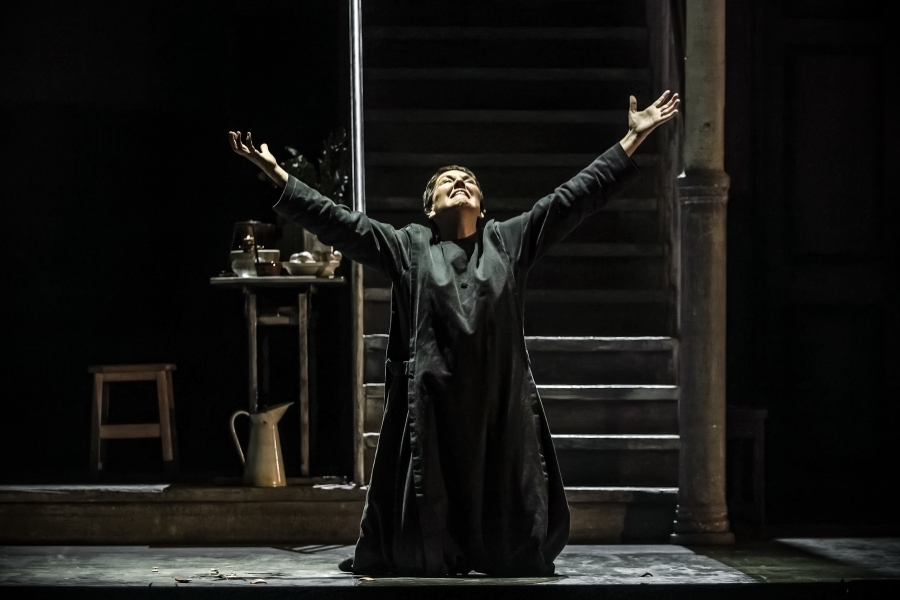
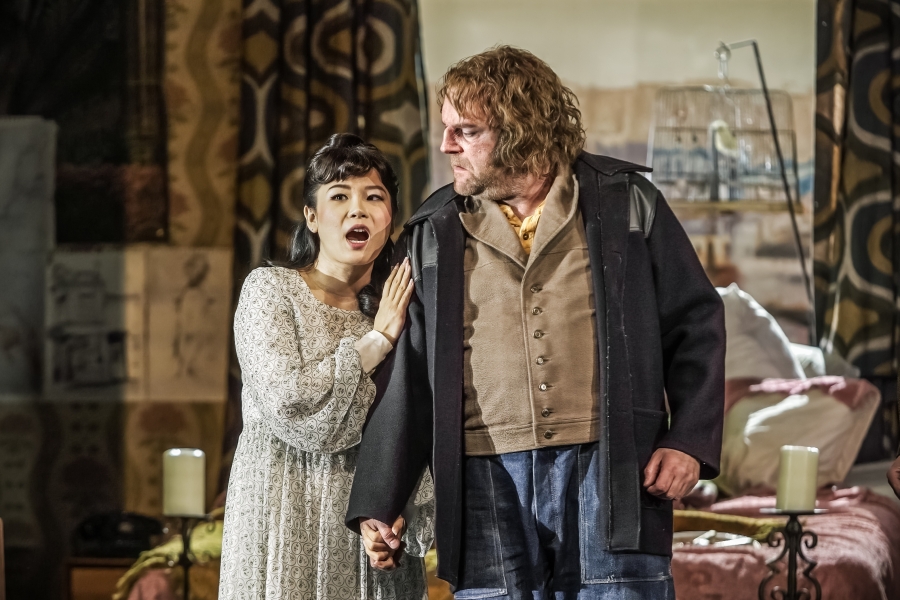
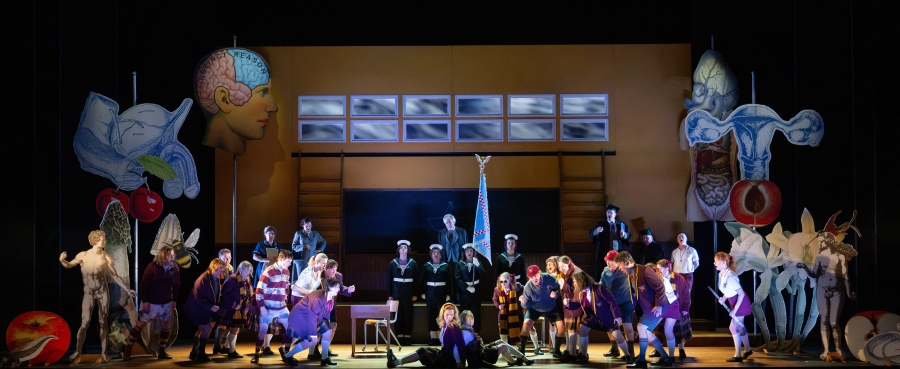
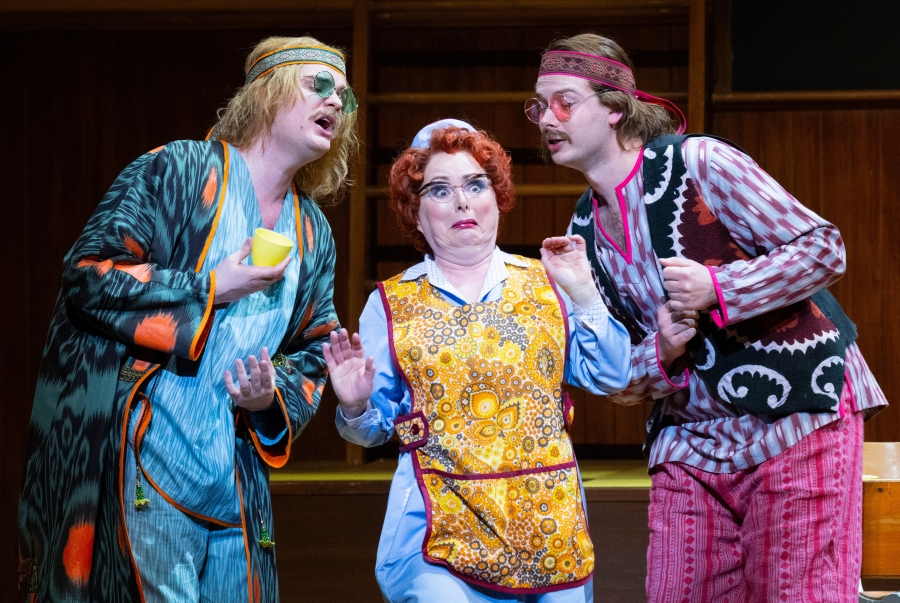
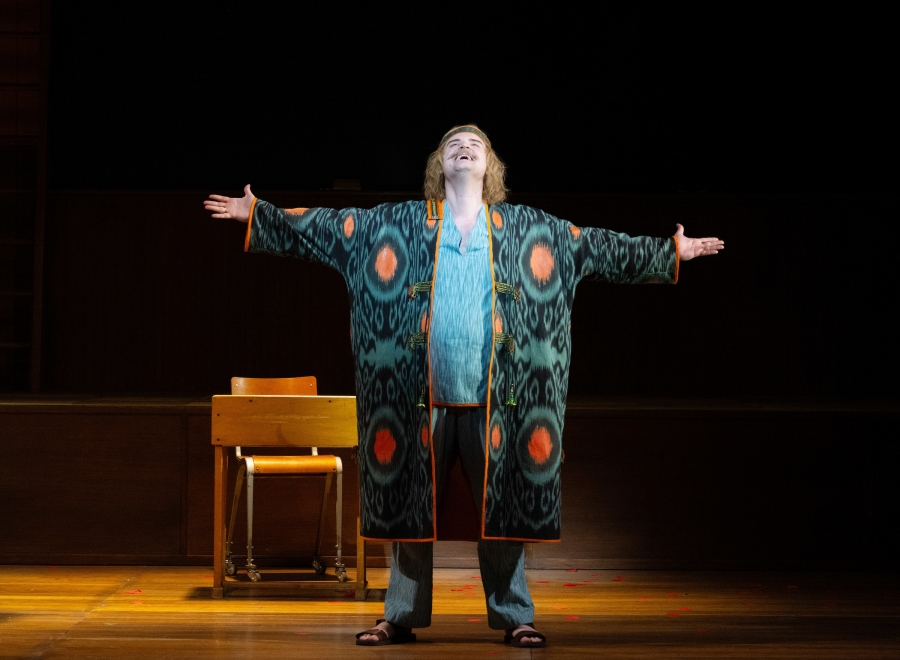
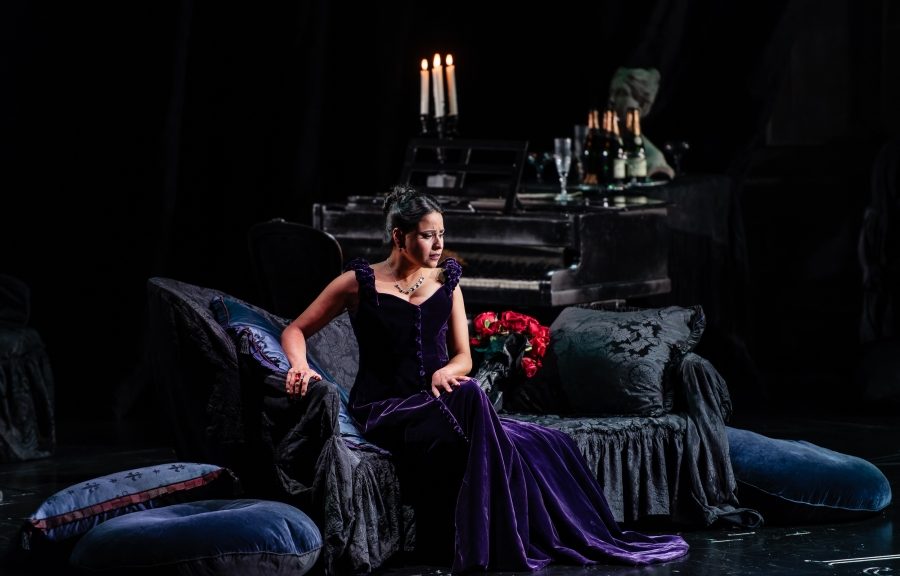
 (3.5 / 5)
(3.5 / 5)